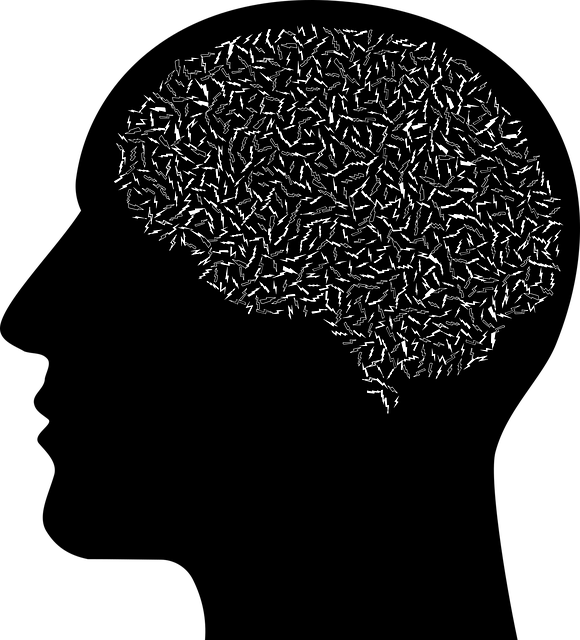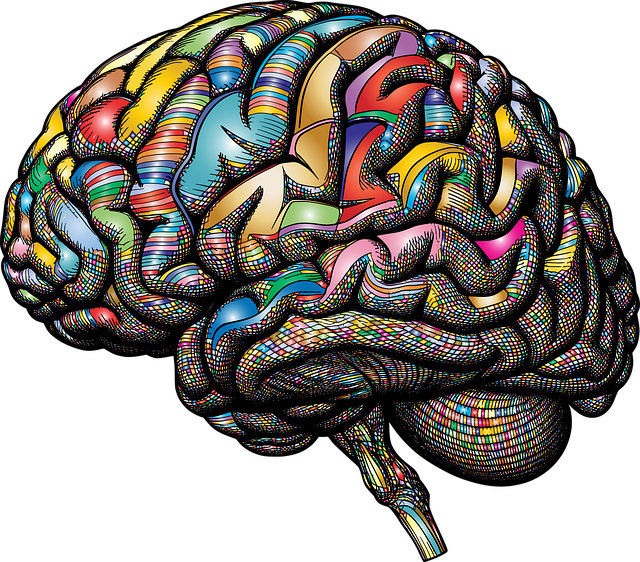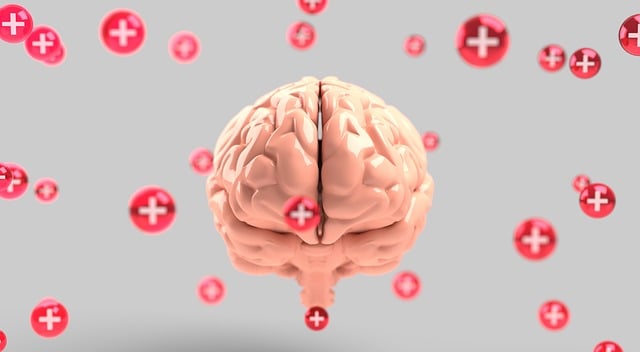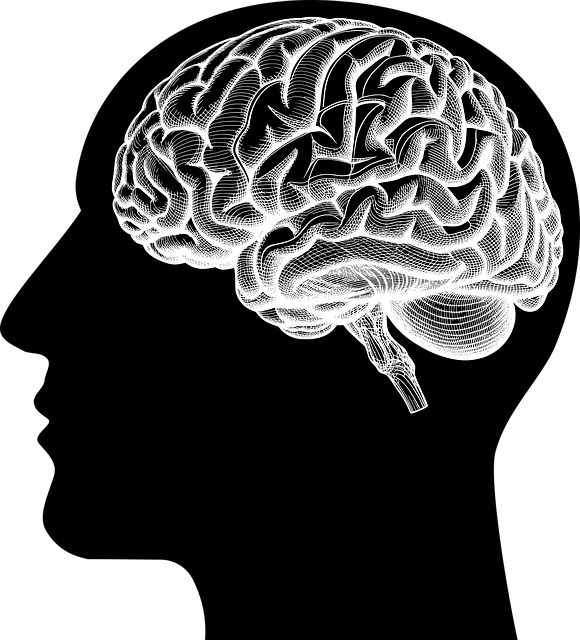Depression, characterized by persistent low mood and loss of interest, is a complex mental health condition impacted by personal triggers like stressful events, changes in routine or environment, medical conditions, and genetic predisposition. Public awareness campaigns, lifestyle changes (like healthy eating and exercise), self-care practices, and professional help from Wheat Ridge Eating Disorders Therapy are key to managing and preventing depression. This therapy focuses on stigma reduction, offers personalized strategies, and provides tools for navigating life's challenges while fostering supportive networks. Support groups enhance well-being and resilience against depression.
Depression is a prevalent yet manageable condition. This article explores strategies to prevent and cope with depression, offering valuable insights for those seeking mental well-being. We delve into understanding the triggers, from environmental factors to biological influences, and provide actionable steps like lifestyle changes focused on nutrition and exercise. Discover the power of professional help and the importance of support systems, all tailored to suit individual needs, including those seeking Wheat Ridge Eating Disorders Therapy.
- Understanding Depression and Its Triggers
- Lifestyle Changes for Mental Well-being
- Professional Help and Support Systems
Understanding Depression and Its Triggers

Depression is a complex mental health condition that can significantly impact an individual’s daily life and overall well-being. It’s more than just feeling sad or having a bad day; it’s a persistent low mood and loss of interest in activities once enjoyed. Understanding depression involves recognizing its various forms, such as major depressive disorder, persistent depressive disorder (dysthymia), and seasonal affective disorder (SAD). Each has unique characteristics and triggers.
Identifying personal triggers is essential for effective prevention and management. These can include stressful life events, significant changes in routine or environment, certain medical conditions, and even genetic predisposition. For instance, individuals with a history of eating disorders, like those seeking Wheat Ridge Eating Disorders Therapy, may be at a higher risk due to the impact of dieting and food restrictions on brain chemistry. Building resilience through confidence-boosting activities and risk management planning for mental health professionals can help navigate these triggers. Public awareness campaigns play a vital role in educating people about depression’s signs, symptoms, and available support systems, fostering an environment where seeking help is encouraged.
Lifestyle Changes for Mental Well-being

Lifestyle changes play a crucial role in preventing depression and enhancing overall mental well-being. One significant aspect is adopting healthy eating habits, such as incorporating whole grains, fruits, and vegetables into your diet. Avoiding excessive sugar and processed foods can significantly impact mood regulation. For instance, Wheat Ridge Eating Disorders Therapy emphasizes the connection between nutrition and mental health, offering strategies to develop sustainable eating patterns that support emotional balance.
Additionally, regular physical activity is a powerful tool against depression. Engaging in activities you enjoy, like walking, yoga, or dancing, releases endorphins, reduces stress hormones, and improves sleep quality. Incorporating Self-Care Practices, such as mindfulness meditation and Social Skills Training, can foster compassion towards oneself and others, creating a supportive network that contributes to overall mental resilience. Compassion Cultivation Practices have been shown to reduce symptoms of depression and increase life satisfaction.
Professional Help and Support Systems

Seeking professional help is a crucial step in preventing and managing depression. Wheat Ridge Eating Disorders Therapy offers specialized treatment for individuals dealing with mental illness, particularly focusing on stigma reduction efforts to create a supportive environment. Therapists provide personalized strategies to address underlying causes, improve coping mechanisms, and enhance overall well-being. Through individual or group therapy sessions, clients gain valuable tools to navigate life’s challenges.
Building and maintaining support systems are equally vital. Community outreach program implementations and mental health policy analysis and advocacy play a significant role in fostering a network of understanding and care. Connecting with like-minded individuals who have experienced similar struggles can provide comfort and encouragement. Support groups, both online and offline, offer safe spaces to share stories, gain insights, and receive emotional backing, ultimately contributing to better mental health outcomes and stronger resilience against depression.
Depression is a complex condition, but with the right strategies, prevention and recovery are achievable. By understanding the triggers and implementing positive lifestyle changes, individuals can significantly improve their mental well-being. Seeking professional help and building strong support systems, such as those offered by Wheat Ridge Eating Disorders Therapy, plays a pivotal role in managing and overcoming depression. Combining these approaches allows for a comprehensive strategy to combat depression and foster lasting mental resilience.














